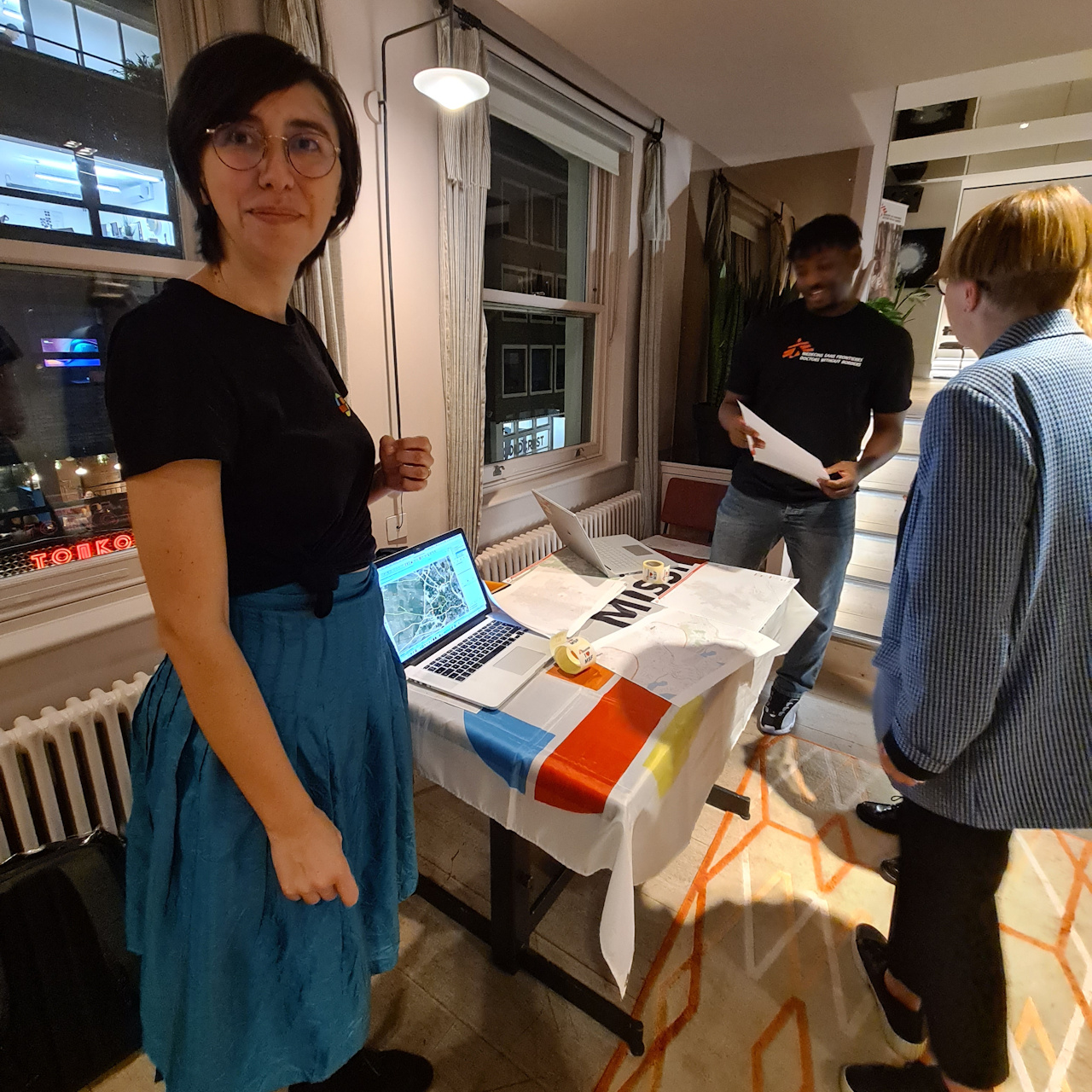
Germany's Biotech Sector: A Powerhouse of Innovation and Areas for Improvement
Germany has long been a leader in biotech innovation and research, leveraging its robust scientific infrastructure, strong industrial base, and substantial governmental and private sector investment. However, as with any rapidly evolving field, there are areas where Germany excels and areas where improvement is needed. This article explores these aspects in detail.
Areas of Excellence
Health and Pharmaceuticals: German biotech companies and research institutions play a pivotal role in developing new pharmaceuticals, vaccines, and diagnostic tools. A prime example of this is the BioNTech/Pfizer COVID-19 vaccine, which showcases the country’s rapid and impactful biomedical research capabilities. Germany continues to drive significant advancements in health research, contributing to global health security and innovation.
Industrial Biotechnology: Germany’s commitment to sustainability fuels innovation in bio-based products and processes. From biofuels to bioplastics, the country explores biological solutions for industrial applications. This sector aims to reduce environmental impact and promote sustainable practices through cutting-edge research, positioning Germany as a leader in industrial biotechnology.
Agri-Biotech: Research in agricultural biotechnology aims to enhance crop yields, improve resistance to pests and diseases, and increase the nutritional value of food. These efforts align with global goals of ensuring food security and promoting sustainable agricultural practices. Germany's advancements in this area are crucial for addressing the challenges of feeding a growing global population.
Bioinformatics and Bio-IT: Germany integrates information technology with biological research, advancing in genomics, proteomics, and personalized medicine. This interdisciplinary approach enhances our understanding of complex biological systems and improves healthcare outcomes. The fusion of IT and biotech opens new avenues for innovation and efficiency in research.
Key Initiatives and Programs
European Union Support: Germany benefits from EU-funded programs like Horizon Europe, which foster innovative biotech research projects across the continent. The European Innovation Council also plays a crucial role in bringing pioneering technologies to market. These programs provide essential funding and support for groundbreaking research and development.
German Biotech Days (Deutsche Biotechnologietage): This national forum facilitates collaboration among entrepreneurs, scientists, policymakers, and investors. It serves as a platform to showcase the latest innovations and discuss strategies for advancing the biotech sector. The event highlights Germany's role as a leader in biotechnology and fosters networking and partnership opportunities.
Potential Areas for Improvement
Regulatory Environment: Navigating the complex regulatory landscape for biotech products, especially in health and agriculture, remains a challenge. Continuous dialogue between industry stakeholders and regulators is essential for progress. Streamlining regulatory processes could accelerate the time-to-market for new biotech innovations and reduce bureaucratic hurdles that can stifle innovation.
Investment in Emerging Technologies: While Germany excels in established areas of biotechnology, there is a need for increased investment in emerging technologies such as synthetic biology and advanced gene editing techniques. These fields have the potential to revolutionize biotech, but they require substantial funding and support for research and development.
Talent Retention and Attraction: Germany must continue to attract and retain top talent in the biotech sector. This involves not only providing competitive salaries and benefits but also creating an environment conducive to innovation and career growth. Strengthening ties with academic institutions and offering robust career development programs can help address this need.
Commercialization and Market Access: Despite strong research capabilities, the commercialization of biotech innovations can be slow. Enhancing support for startups and small enterprises through funding, mentorship, and market access programs can help bridge the gap between research and marketable products.
Conclusion
Germany's biotech sector is a dynamic and integral part of its economy, driven by strong research capabilities, significant investment, and a focus on addressing global challenges. However, to maintain its leadership position, Germany must address regulatory challenges, invest in emerging technologies, attract top talent, and enhance commercialization efforts. By doing so, Germany will continue to lead in biotechnology, contributing to advances in health, sustainability, and industrial applications.
References










